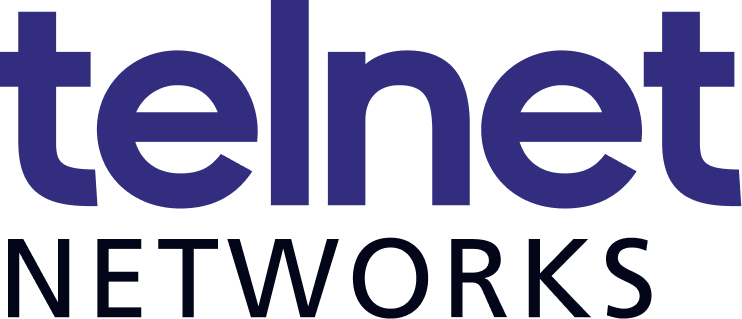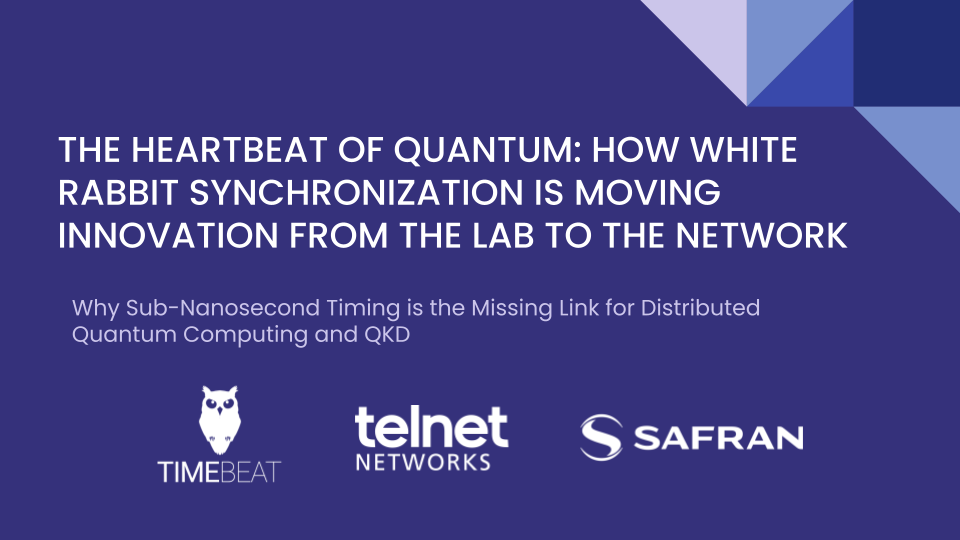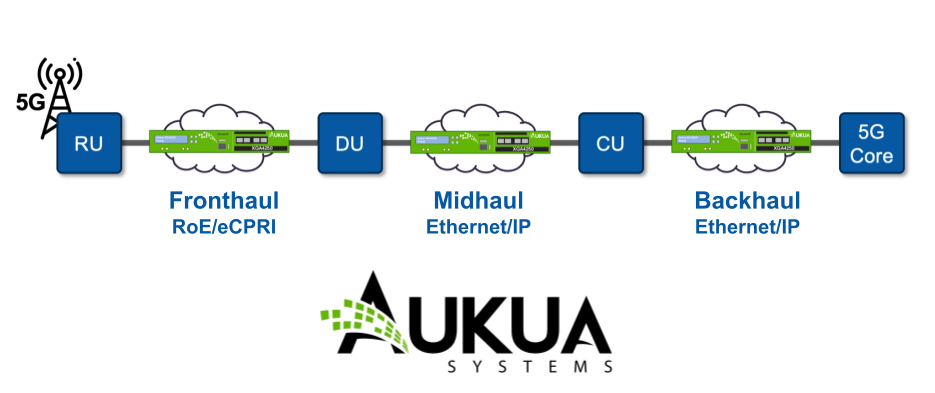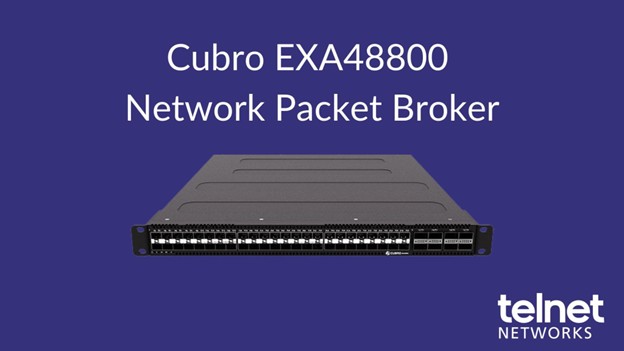Business Critical IT
Current and reliable data is a crucial for making solid strategic and operational decisions. This data is the foundation for budgeting, forecasting, analyzing, reporting and lastly improving your business. Intelligent solutions are necessary to drive cost reduction, enhance resiliency and raise user experience. Solutions must work seamlessly across enterprises as well as business units.
Three Solutions – One software
StableNet® incorporates Fault Management, Performance Management and Configuration Management on a single platform. Not only this reduces the total costs of ownership (TCO), but also increases synergy effects between the three solutions, and it shortens the time to value and market.
StableNet® Enterprise provides end-to-end visibility into the IT infrastructure. This guarantees smooth and stable network operation. Bottlenecks can be localized and eliminated proactively so that link overload and connection losses can be avoided. This leads to an improvement of network efficiency and a reduction of costs at the same time.
Three Solutions – Various Applications
StableNet® provides game changing economics . It is a one-stop solution to virtually manage all needs of your organization:
- Network Management
- Server Management
- Application Management
- VoIP Management
- Business Process Management
- Report Management
StableNet® integrates Fault Management (FM), Performance Management (PM) and Configuration Management (CMBD) on one single platform. This innovation reduces capital and operational expenses. StableNet® Enterprise facilitates the optimal utilization of your network’s capacity at the highest possible level of stability. Infosim solutions integrate seamlessly into existing network management systems.
Real Time & Long Term Reports
StableNet® includes an advanced service level management (SLM) and reporting system for networks, servers and applications. This provides network operators the flexibility to collect and report the KPIs that are most important to them and their customers.
StableNet® runs 24/7 and identifies and reports on IT infrastructure performance and events on a real time basis. In addition, the software performs historical reporting to identify long-term trends.
- Understand the quality of service provided to end users
- Increase business revenue by reducing outages that directly affect business operations
- Increase customer satisfaction and loyalty by ensuring that services used directly by consumers are responsive and available whenever required
- Plan proactively to meet future business requirements including workload volumes and necessary service levels
- Increase ROI on IT assets by balancing workloads and obtaining the highest levels of component utilization while still meeting service level requirements
- Reduce or eliminate penalties associated with contractual commitments to meet specified service levels
StableNet® provides a highly flexible reporting engine. All reports can be fully customized to best meet specific requirements. A graphical report designer is included, which allows the creation of reports in simple point-and-click fashion. StableNet® supports PDF and HTML formats. Reports may be forwarded on schedule, i.e. with hourly/daily/weekly/monthly output or on-demand as desired.
SLA Reports
SLA reports document the network operator’s delivery against contractual obligations. They are often less detailed than performance reports and only show performance at the service layer; lower layer information such as the underlying transport network are usually not included.
Usage Reports
Usage reports show utilization, volume and throughput with baselines, top N, and trends. Going beyond monthly totals to provide time lines can help users understand peak and off-peak loads. In addition, it assists in sizing the network correctly to meet actual demands.
QoS Reports
QoS reports help the customer understand performance and usage per Class of Service (CoS). This is important in converged networks like IP based RANs. For best performance results QoS reports include information necessary for correct classification as well as application traffic tuning.
Root-Cause and Impact Management
StableNet® provides automatic root cause analysis (RCA) and service impact management for networks, systems and services. Hereby, engineers can focus on service-affecting events and prioritize them at the same time.
StableNet® uses a combination of threshold monitoring, SNMP trap processing and syslog processing to perform authentic problem analyses in real time. Events are correlated by the buit-in RCA subsystem without the need to write and update correlation rules. Alarm dashboards and notifications are enriched with business and service information. This provides NOC engineers with understandable and actionable information.
Extensive reporting capabilities provide invaluable data for network planners and network managers.
StableNet® integrates with existing management applications and 3rd party applications. For example, if a trouble ticket application is used to track problems and resolutions, StableNet® integrates with the application to open a trouble ticket upon failure detection and close it automatically upon clearance of the failure.
- Correlates root cause events automatically without coding or updating rules
- Enriches alarm information and dashboards with business impact information
- Provisions alarm monitors for all relevant KPIs of all network assets automatically
- Supports integration with SMS, pager, email, trouble ticket and script execution on alarm events
- Provides best-in-class event reports and statistics
- Provides a real-time status dashboard of all assets and services
Configuration Management
Accurate inventory is essential to any IT department. However, accurate inventory depends on a single trusted repository. StableNet®’s discovery capabilities have powerful and flexible tools that allow you to determine exactly what to be monitored, and how the sub-elements will be labelled and grouped. These capabilities make it possible to initiate automatic data collection, threshold monitoring and reporting on discovered elements.
StableNet® performs topology discovery in the managed network. During the discovery process each managed device is probed to determine its configuration and its relationship to other managed elements. StableNet® creates instances and dependency models with this information. This simplifies event correlation: there are no rules to be programmed and the event subsystem guarantees that critical problems are always identified.
The discovery automatically finds network devices and network topology. The discovery consists of two layers, the device discovery and the topology & network discovery and the device discovery and the topology & network discovery.
The StableNet® activation module (AM) is an incorporated provisioning engine and a pluggable orchestration layer. The built-in provisioning module uses XML JOBs to create, read, update and delete (CRUD) configurations on networked elements. The pluggable orchestration layer gives users the flexibility to optimize the AM according to their project and site-specific particularities. The optimization can be of technical nature, relate to business processes or be budgetary.
The key benefits of device configuration XML JOBs is to allow the predefinition of JOBs for recurring tasks in XML format. The actual JOB may be configured with respective parameterization using a dynamically generated graphical user interface (GUI).
StableNet® & ITIL®
Businesses prioritize service delivery, support processes, and they define the appropriate workflow to gain competitive advantages. The standard guideline for this is ITIL®. Hence, StableNet® supports various ITIL® processes in the configuration management and service delivery sector.
The two critical core sectors of ITIL® are Service Support and Service Delivery. The first one, Service Support, focuses on daily operational management and support, and consists of these six processes:
- Service/Help Desk
- Incident Management
- Problem Management
- Configuration Management
- Change Management and
- Release Management
However, Service Delivery focuses on the delivery of IT services from a long-term perspective. The sector consists of the following five processes:
- Service Level Management
- IT Financial Management
- Capacity Management
- Continuity Management and
- Availability Management
StableNet® Enterprise contributes to cost savings and increases your IT departments ability to respond to changes in the business environment efficiently by supporting ITIL® processes such as fault detection, reporting and performance monitoring. The table below shows ITIL® processes in comparison to the StableNet® Enterprise feature set.
Thanks to Infosim for the article.






